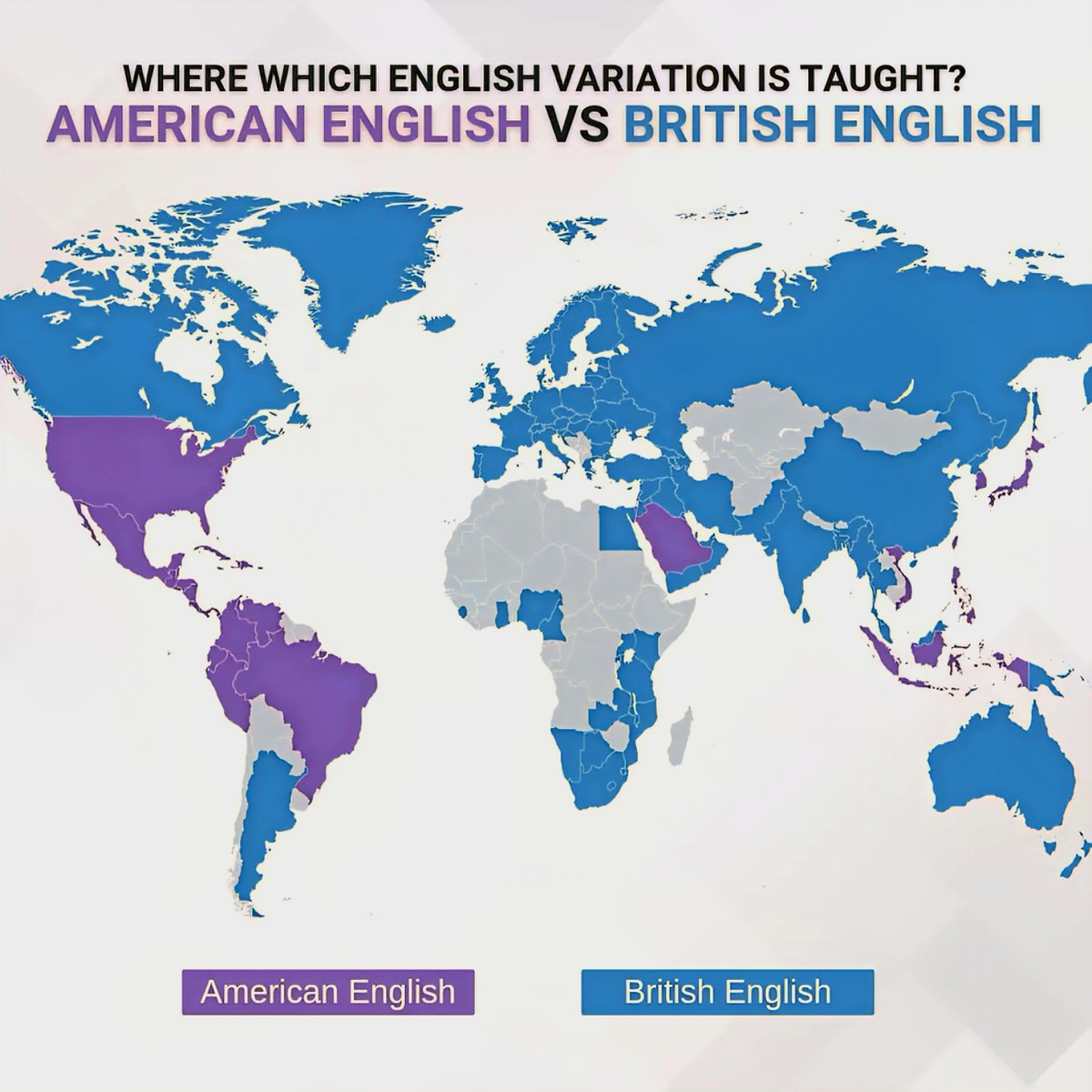Select Language:
Understanding the Key Differences Between American and British English

1. Vocabulary Variations
One of the most noticeable differences between American and British English is the vocabulary. Many everyday objects and concepts are called different names depending on the region.
- American English: Truck, Elevator, Pants, Cookie, Gasoline
- British English: Lorry, Lift, Trousers, Biscuit, Petrol
For example, in the United States, you might say, “I need to fill up the car with gasoline,” whereas in the UK, the equivalent would be, “I need to fill up the car with petrol.” These vocabulary differences can sometimes cause confusion for travelers and international businesses.
2. Spelling Discrepancies
Spelling conventions also diverge between the two dialects, often resulting in different endings for certain words.
- American English: Color, Favorite, Theater, Organize, Tire
- British English: Colour, Favourite, Theatre, Organise, Tyre
The American tendency to simplify spellings — such as dropping the “u” in “color” or the “re” in “theater” — reflects a broader linguistic evolution aimed at ease of use and standardization.
3. Pronunciation and Accent Differences
Sounding out words differently is a hallmark distinction. American accents tend to be rhotic, meaning the “r” sound is pronounced clearly in words like “car” and “hard.” British accents, especially Received Pronunciation, often drop the “r” unless followed by a vowel, leading to words like “car” sounding more like “cah.”
Furthermore, the pronunciation of vowels varies—think of the “a” in “dance,” which is pronounced like “ah” in British English, contrasted with the American “a” as in “æ.”
4. Grammar and Usage Variations
While largely similar, some grammar rules differ subtly. For example, Americans often use the past simple tense in situations where British speakers might use the present perfect.
- American English: “Did you finish your homework?”
- British English: “Have you finished your homework?”
Additionally, collective nouns in British English frequently take plural verbs—“The team are winning”—whereas in American English, they tend to be singular—“The team is winning.”
5. Date and Time Formats
Date formats are notably different. Americans tend to write dates as month-day-year—for example, “03/25/2025”—while the British format is day-month-year, “25/03/2025.”
Similarly, for expressing time, Americans often prefer a 12-hour clock (3:00 PM), whereas many Europeans, including the UK, use the 24-hour clock (15:00).
6. Use of Prepositions and Phrases
Prepositions can vary significantly. Americans might say, “on the weekend,” while Brits would say, “at the weekend.”
Likewise, Americans say, “I’ll go to the hospital,” but in Britain, one might say, “I’ll go to hospital,” emphasizing the institution rather than the building.
7. Spelling of Certain Words and Prefixes
Some words with prefixes are spelled differently.
- American English: Defense, Enrollment
- British English: Defence, Enrolment
Typically, American English favors “z” in words like “organize,” while British English prefers “s,” as in “organise.”
This pattern extends to other words including “analyze”/“analyse” and “specialized”/“specialised.”
8. Cultural Expressions and Slang
Each version of English is steeped in its own set of idioms, slang, and expressions. For example, Americans frequently use the phrase “break a leg” as a good luck wish, while Brits might say, “chin up.” This cultural nuance adds flavor but can sometimes cause miscommunication for those unfamiliar.
9. Differences in Formality and Address
In British English, formal address, especially in writing or polite conversation, tends to be more common. Using titles like “Mr.,” “Mrs.,” or “Ms.” is standard in the UK. Conversely, Americans often move toward a less formal tone, even in official contexts, with first names being more commonplace.
10. Calendar of Differences in Academic and Legal Terms
Academic titles, legal terminology, and bureaucratic language reflect regional usage. For instance, in the US, someone might refer to “public school,” meaning a government-funded school, whereas in Britain “public school” typically denotes an elite private institution. Similarly, legal terminology varies with terms like “attorney” common in America, while “solicitor” and “barrister” are used in Britain.
Whether you’re traveling abroad, doing business internationally, or simply enjoying English literature, understanding these differences enhances communication and appreciation for linguistic diversity. The global landscape of English continues to evolve, making it essential to stay updated with current usage trends.






